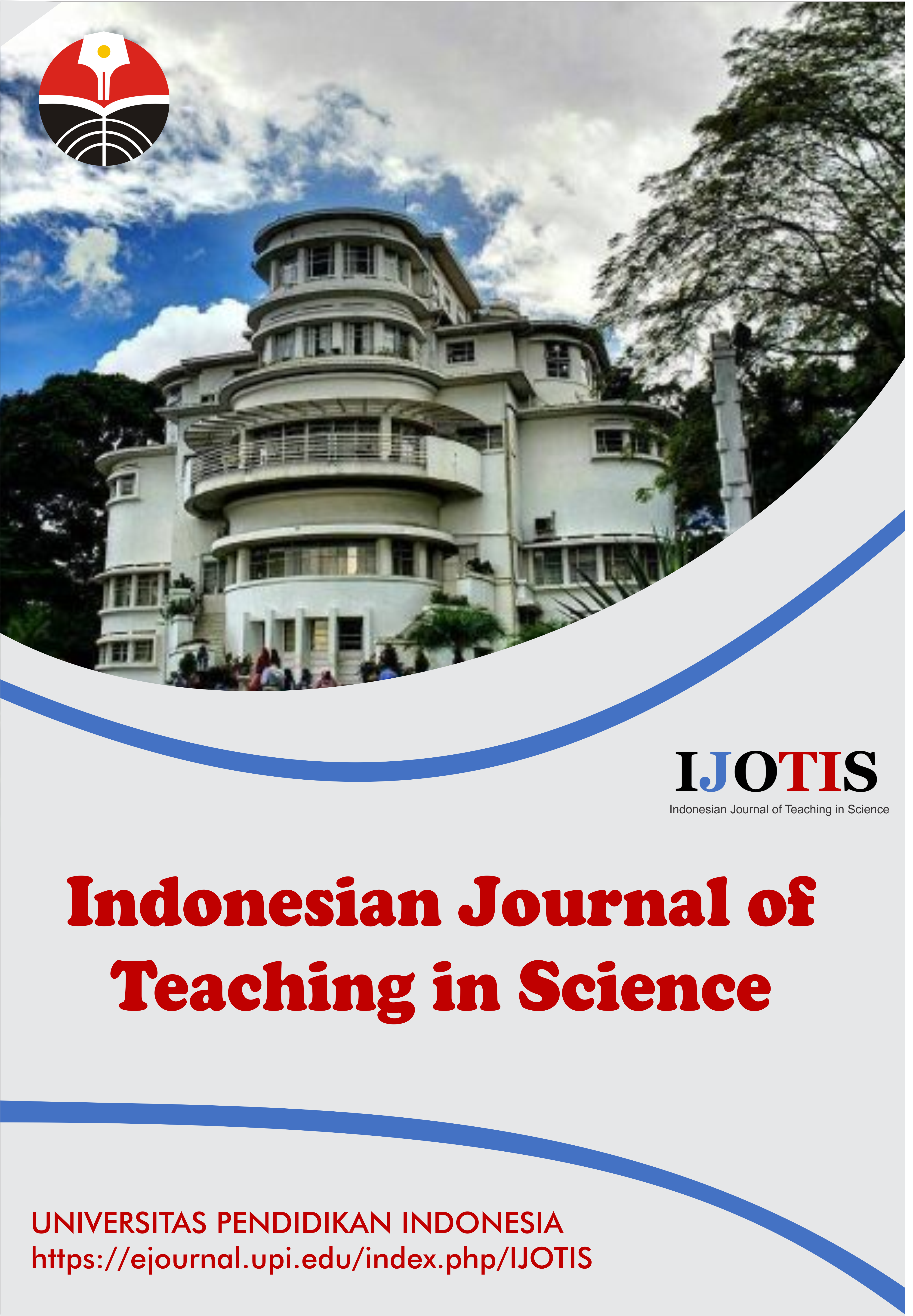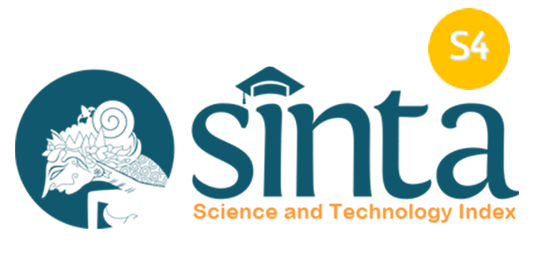Design and Development of Human Excretory System Model to Teach A Biology Concept in Ilorin, Nigeria
Abstract
Keywords
Full Text:
PDFReferences
Adegboye, M. C., Bello, G., and Abimbola, I. O. (2017). Conceptions of the nature of biology held by senior secondary school biology teachers in Ilorin, Kwara State, Nigeria. Malaysian Online Journal of Educational Sciences, 5(3), 1-12.
Ahmad, S. I., Abubakar, B. B., and Yau, S. (2018). Biology education a panacea for sustainable national development. Frontiers in Environmental Microbiology, 4(2), 71-74.
Akinwumi, I. O., and Falemu, F. A. (2020). Effects of biology practicals on academic performance of secondary school students in biology in ikere local government area of Ekiti State, Nigeria. International Journal of Educational Research, 4(10), 10-23.
Awolaju, B. A. (2016). Instructional materials as correlates of students’ academic performance in biology in senior secondary schools in Osun State. International Journal of Information and Education Technology, 6(9), 705-708.
Hassan, B. G. (2019). Extend of implementation of biology curriculum in public senior secondary schools in Maiduguri metropolis, Borno State, Nigeria. Researchers World, 10(1), 60-66.
Olumorin, C. O., Babalola, E. O., Aladesusi, G. A., Issa, A. I., and Omolafe, E. V. (2021). Experts’ validation of the developed 3-dimensional automated model of the human heart to teach a biology concept in Ilorin, Nigeria. Indonesian Journal of Multidisciplinary Research, 1(2), 299-308.
DOI: https://doi.org/10.17509/ijotis.v2i2.45782
Refbacks
- There are currently no refbacks.
Copyright (c) 2022 Universitas Pendidikan Indonesia

This work is licensed under a Creative Commons Attribution-ShareAlike 4.0 International License.
 Indonesian Journal of Teaching in Science
Indonesian Journal of Teaching in Science



